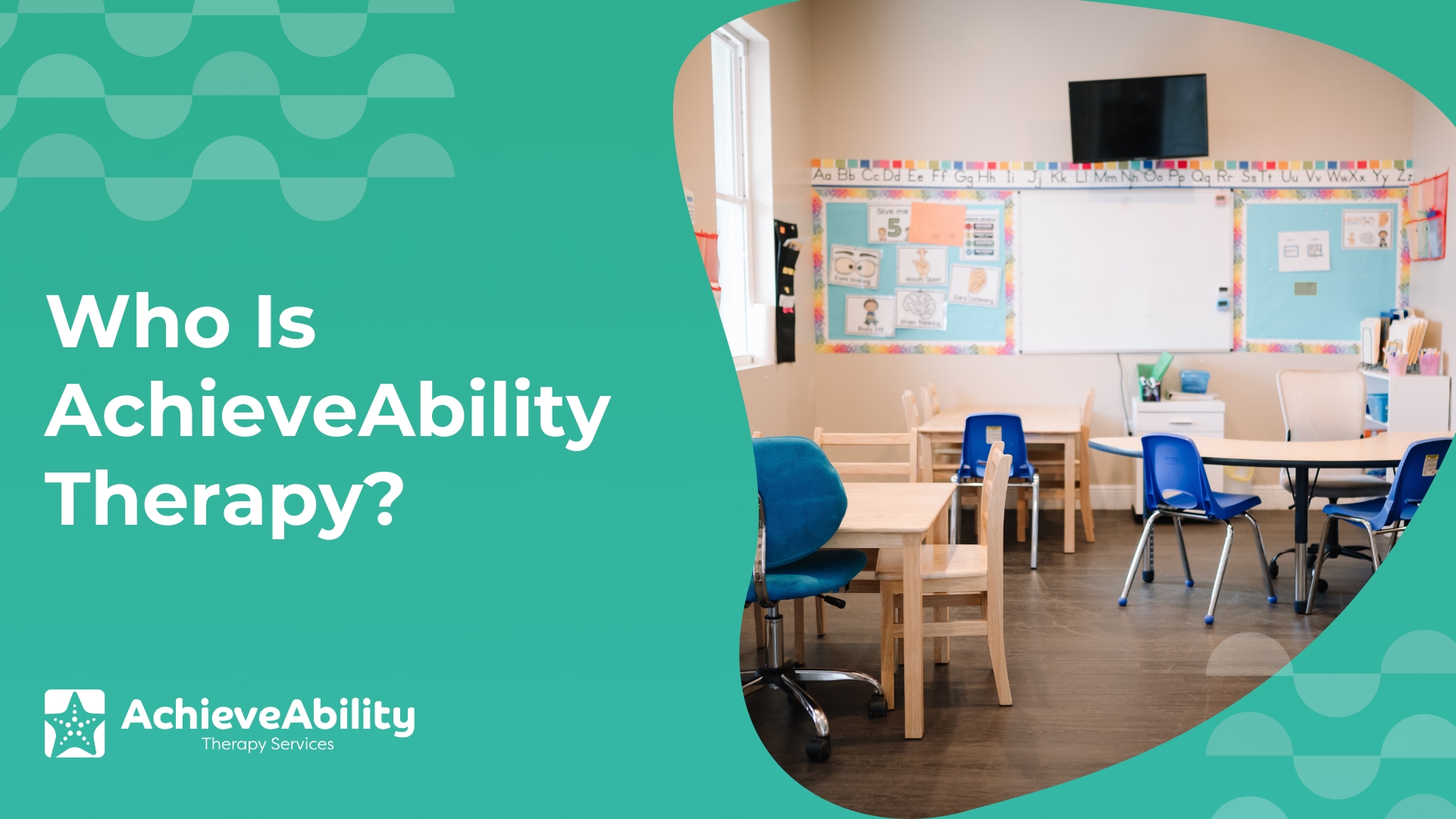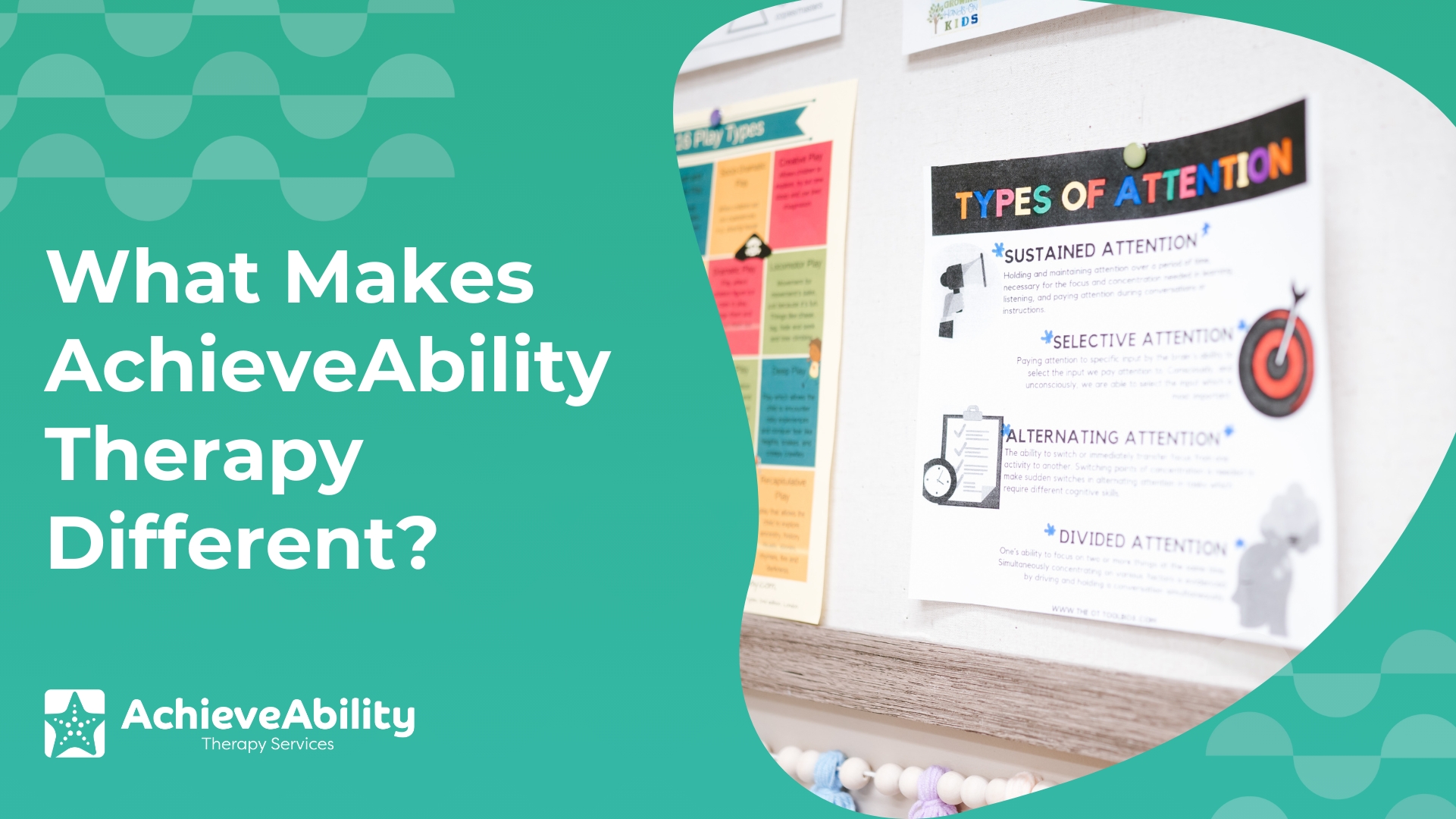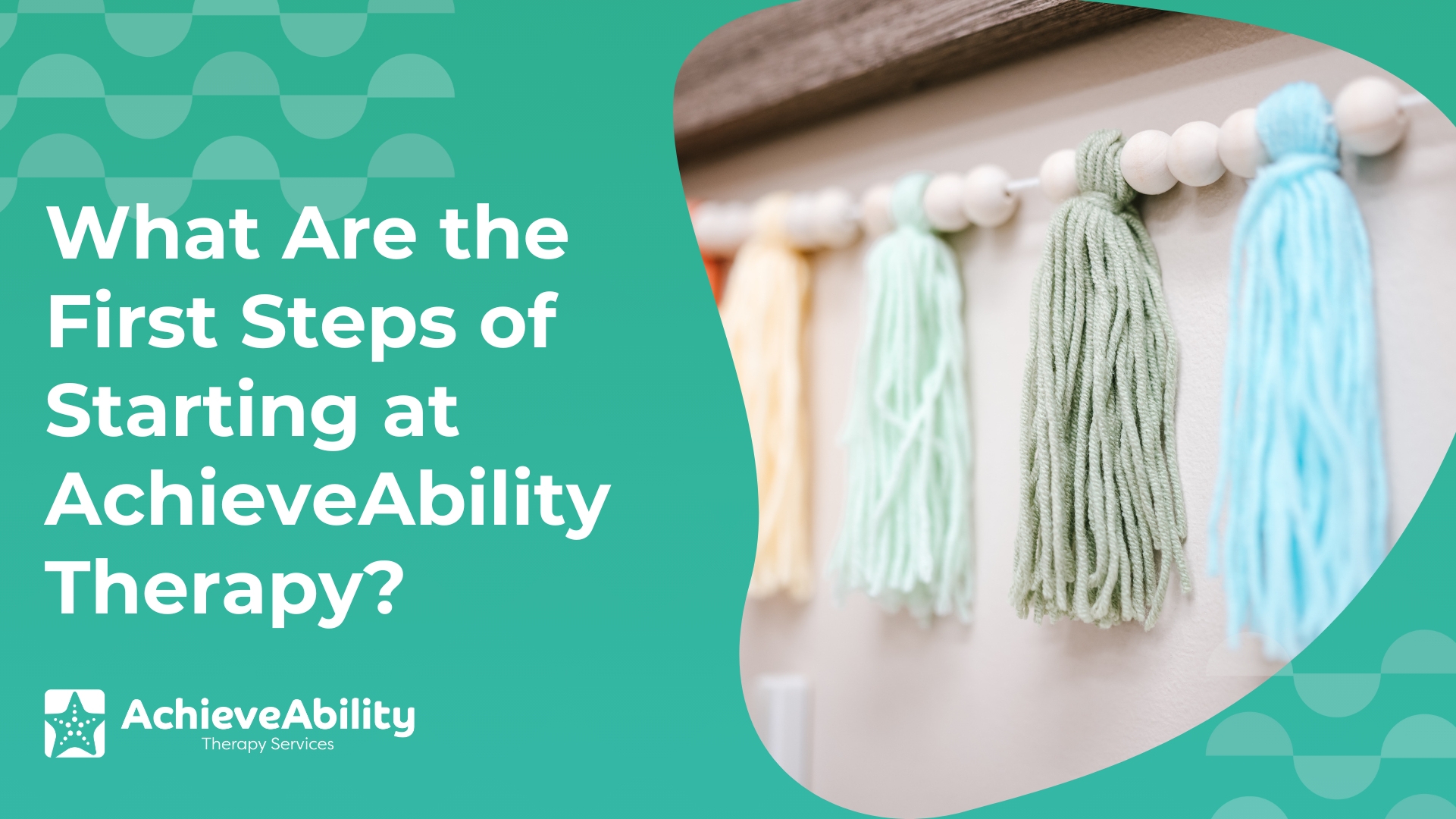As we begin another school year, parents often find themselves juggling many different feelings and concerns. One of the biggest concerns we hear from parents is whether or not their child will be able to make friends in school. We all know from personal experience that just one good friend can make or break the school experience, and for some kids, making friends is more difficult than others.
Social Skills And Why They Matter
One thing that we commonly don’t see in children with autism spectrum disorder is the ability to recognize and understand social cues. In simple terms, social cues are the unspoken ways we communicate our feelings during an interaction. For example, we express ourselves with our faces, the posture of our bodies, the tone or volume of our voices, and how physically close we are to one another. When we recognize the subtleties of other people’s behavior, we can get much more information from them than they communicate with their words.
How Do We Teach Social Skills?
So the obvious next question is, how does one teach social skills to someone who doesn’t automatically understand them? The answer is simpler than you might think. Most of us learn social cues through practice, and that is exactly how we teach them to our clients.
Through modeling and role-playing, we can help our clients recognize social cues in action. We can practice making eye contact, listening when someone speaks to us, asking questions about others, and responding when we are spoken to. We also practice allowing others their personal space and how to participate in a group or community, among other things.
You may wonder how a couple of hours a week with an Applied Behavioral Analyst could help turn the tide for your child. ABA therapists set goals with their patients and their families to ensure we’re all moving toward the same objective: to help your child progress. Here are three qualities any good goal should have.
Achievable
The goals you set in therapy should be achievable. Your ABA therapist can help you come up with a goal that stretches your child but is also achievable within a reasonable amount of time. Anything outside of that can be very frustrating for both parent and child.
Measurable
Goals should be measurable. How do you know if you have achieved a goal if you don’t know what achievement looks like? For example, a goal like “make friends” is too broad and unapproachable. However, a goal like “says hello to one child on the playground” is something you can measure and track.
Individualized
Finally, we always ensure that our programs are individualized to meet the specific needs and goals of our patients. Every child is different, and we approach each child as such. ABA therapy is an excellent modality because of its flexibility.
Parenting is hard for everyone, but it can be more challenging for parents whose children struggle with everyday life skills. If you have a child who is having difficulty developing relationships in school or their community, ABA therapy may be the right tool for you and your family.
With offices in St. Petersburg, Lutz, and Wesley Chapel, Florida, we are in a great position to serve many Gulf Coast families. If you’re ready to take the first step, we encourage you to click this link and schedule a discovery call with a member of our team. Contact us today to get started.







